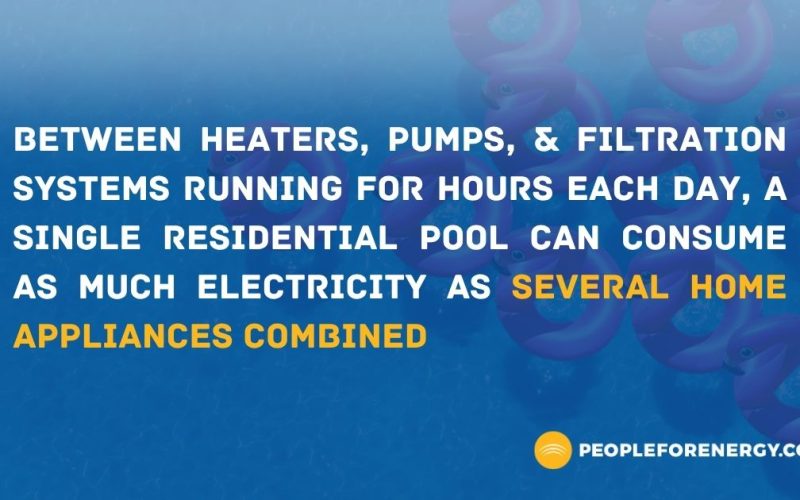THE VOICE FOR THE ENERGY CONSUMER

The Environmental Protection Agency (EPA) should enact targeted regulatory reforms to enhance America’s global competitiveness in the plastics manufacturing sector, according to 16 business and industry organizations from across the.

A typical afternoon outside Meta’s Data Center in Huntsville was seemingly quiet. But for neighbors who live just outside the city, in Madison County, along West Ridge Drive, they said.

Abroad new coalition will push for more federal action to prevent wildfires, arguing that the problem calls for a coordinated national strategy. Partners in Wildfire Prevention includes utility and business.

Legislation includes offshore & onshore lease sales, nuclear development provisions, and Strategic Petroleum Reserve refill Bill accelerates permitting for critical energy infrastructure while supporting baseload power for AI economy .
Landmark Legislation Greenlights Offshore & Onshore Lease Sales, Boosts Nuclear Development, and Accelerates Permitting to Fortify U.S. Energy Security. The Consumer Energy Alliance (CEA), a leading advocate for energy consumers,.

As summer temperatures rise, so does our energy demand—and one of the hidden culprits is sitting in our backyards. Swimming pools might be a staple of summer fun, but they’re.

Bipartisan bill ensures Mainers can choose how they heat their homes and power their businesses Maine joins the more than 25 states which bar individual municipalities from barring specific forms.

Wildfires are a growing challenge, affecting more families and businesses across the United States each year. This year began with tragic fires around Los Angeles, and in the weeks since,.

DEAR EDITOR: Ohio stands at a pivotal crossroads in the national artificial intelligence race. As major technology companies invest billions in data center infrastructure across our state, we face a.

Wildfires are a growing challenge, affecting more families and businesses across the United States each year. This year began with tragic fires around Los Angeles, and in the weeks since,.